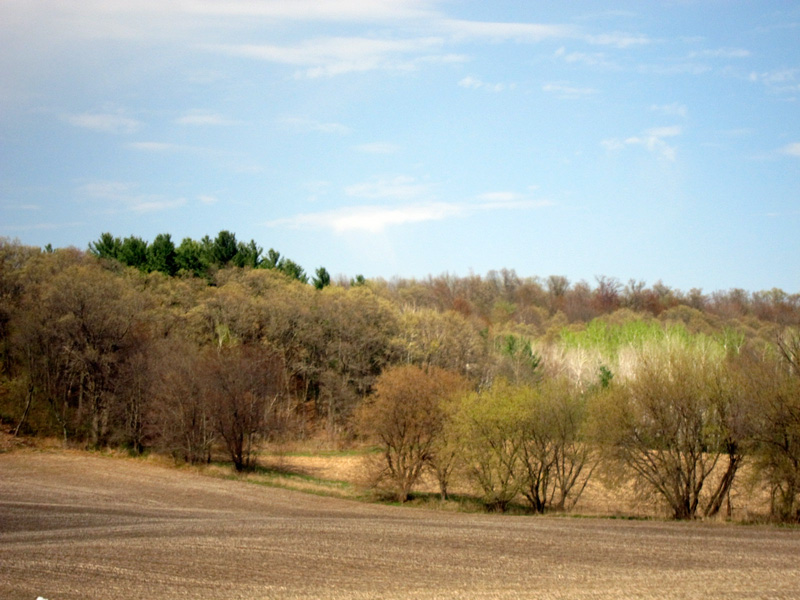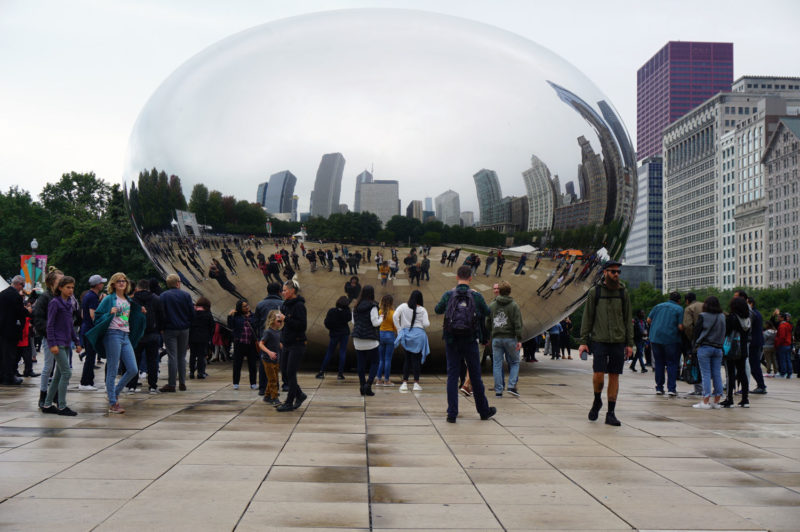The culmination of Holy Week is Easter, a celebration of new life and new beginnings. The Jesus story is a shattering of the normal rules of nature, a story of dramatic and revelatory transformation, a once-and-for-all event altering human history. Observances run the gamut: zealots get nailed to the cross, schoolkids break out of school, new-bought hats and dresses make their debut.
Easter is a celebration of newness. There is something forced about its drama, just as there is about the season itself. Everything is changed in a second, and nothing is as it was before. We buy potted lilies or sheaves of cut flowers, their forced blossoms ephemeral and artificial but apt, given the prevailing theme of unnatural and dramatic change. We do strange things with eggs, dipping them in dyes, or parading them to churches for a priest’s annointing. Children hunt for eggs, or roll them down the White House lawn.
All the emphasis is on the pretties.
As we get older, we form a more guarded appreciation of spring, and with it a more cautious appraisal of our jumping ahead, of the likelihood of radical alteration. Looking out on the true spring landscape, we may be struck by the old and used-up look of things: the cornstalks left over from last season, the gnarly reluctant look of the trees, some stubbornly refusing to come to bud. The prostrate soil looks as though it would rather sleep late. And what about those evergreens? Aren’t they . . . stuck?
Yet these aged elements are spring’s sine qua non. The woodland flowers, aptly named ephemerals, depend on the trees, just as, in all things, change is vicariously related to continuity. Christ’s resurrection derives its joy from the fact that his presence will be continuing.
The landscape too has its gospel, its lesson of truth, which it mutely spells. It checks our idealism, asserting what is viable and real. Subtle and gradual are the changes of the season. New life arrives, a scant veil draping what is enduring and familiar in a gaudy canopy of blossoms and leaves. The spring spurt will give way to summer’s glaring ennui, in the meantime quickening all with the bear-hug of change.


Harley says
Really, so well written and ever so thoughtful. You have a gift. This post was very philisophical. Your sentences and ideas formed in a most descriptive manner. I liked this very much.
Celia says
Harley,
Thank you; this is a post I very much enjoyed writing. I used to write and think a lot about religion when I was younger, having been raised in a very religious Episcopal household. Springtime itself inspires reflection, don’t you think?